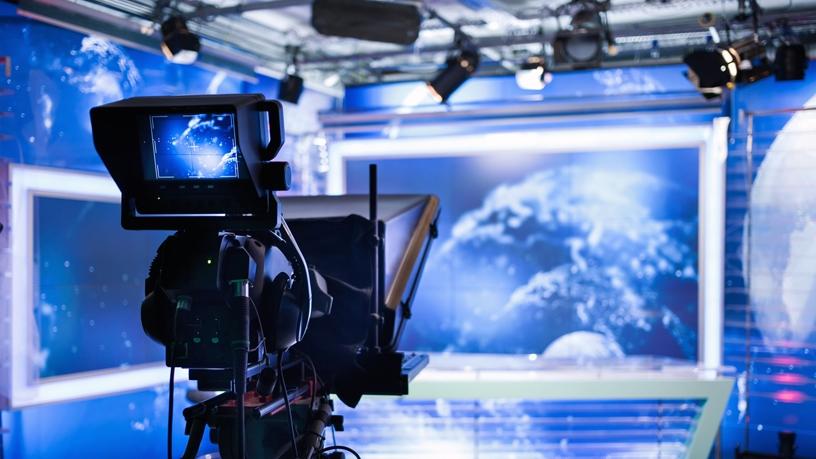
The Department of Communications (DOC) says it is working with South African broadcasters to educate the public about digital migration. These are: Etv, SABC, MultiChoice and StarSat.
According to the DOC, the initiative follows minister Nomvula Mokonyane's announcement last month that the department's office in charge of the Broadcasting Digital Migration (BDM) programme has until December to complete the migration in the Free State.
This move also comes on the back of complaints from the National Black Consumer Council about the lack of information about SA's analogue switch-over to digital terrestrial television (DTT).
"We have adopted an inclusive approach to partner with local television manufacturers and the broadcasters to educate the public about the digital migration project and the options available to consumers, especially television-viewing households that do not qualify for the government-subsidised set-top boxes [STBs]," says Aldred Dreyer, executive director of the department's BDM office.
According to Dreyer, in the coming days, the department will amplify messaging on broadcasting digital migration on all platforms to educate the public about what they need in order to migrate from analogue to digital.
"Our task is to ensure the remaining analogue television viewing households migrate to digital platforms. I am confident that come year-end, the Free State will be completed, and then we can move to another province."
Adrian Schofield, ICT veteran and programme consultant at IITPSA, says other than the entire programme being carried out beyond late in the day, the education drive cannot be branded as a last-minute move.
For Schofield, it makes sense to reach out to TV users ahead of the switch-off of analogue signals in a specific region.
If this had been done years ago, people will have long since forgotten what they were told, he says. "Hopefully, the message being communicated clearly spells out the process to be followed, the options available and where to obtain help and access to subsidised STBs. I assume the broadcast service providers have all agreed to carry the message as a public service at specified intervals and time slots."
Looking ahead
Dreyer notes the department has encouraged analogue television-viewing households who are looking to buy new television sets to buy those that come with an integrated digital tuner.
"People who do not qualify for fully-subsidised government set-top boxes (in other words, those who earn above the stipulated threshold of R3 200 per month) have an option of buying a new integrated digital television (IDTV) set with the DTT decoder built in.
"The local television manufacturers have made these IDTVs available through major retail outlets across the country."
The BDM programme is a key project government has identified as a way to improve the lives of South African citizens. When the country switches to DTT, it will make radio frequency spectrum available, which is currently occupied by analogue services for other broadband and broadcasting services.
After missing the June 2015 deadline set by the International Telecommunication Union for countries to complete the full switch from analogue to DTT, the project has been on the back foot and the migration date moved numerous times.
According to Schofield, based on past experience, there is doubt that the entire programme can be carried out in the foreseeable future.
"Most of the intended beneficiaries of the migration will not be aware of the extent of their deprivation arising from the extended delay in implementation. They will not know they could have accessed a much wider range of content (both informative and entertaining) with better signal quality. They will not know that the analogue spectrum could have been made available for affordable broadband services at least three years ago."
He concludes: "Digital migration is about much more than accessing traditional TV channels. As digital innovation produces new ways of accessing and using content, so the way in which people add personal value from that content will change. We are already seeing the impact of streaming services such as Netflix and YouTube on the TV market. We can expect much more, which will impact the business models of the existing channels, the attitude of government to licensing and control, and the attitude of consumers who demand freedom of choice."
Share